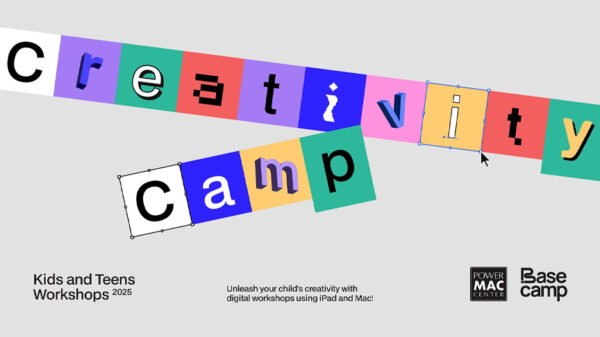Ever wonder whether using particular software applications could make your business more profitable? Maybe you’ve heard wonderful tales about various tools and you don’t know whether to trust them.
If it works for someone else, will it work for you? The answer is yes, you can turn to certain software programs to increase your profitability.
The key is to use applications that work best for your industry and niche. Although the specific apps will differ from one firm to another, here are four types of software every business will likely benefit from adopting.
1. Inventory management software
When you’re looking for ways to increase your profits, the first place you should look is wherever you might be wasting money. One of the most common causes of lost revenue is having it tied up in unused inventory.
The problem is, you might not even be aware that you have too much inventory on hand, especially if you can’t readily identify what’s selling. Any time you count inventory, there’s a risk of generating inaccurate numbers.
However, it’s easy to improve inventory count accuracy with the appropriate software. When you implement a system that manages inventory across the entire cycle, you’ll see more accurate numbers.
For example, you need a system that tracks items as they’re scanned in and out of backroom locations as well as store shelves. Rely the system to tell you when it’s time to order more items so you won’t have to guess.
Another benefit to using software is a gain of insight into which items are selling, how often, and which are not. Even if you own a small mom and pop store, using software to manage inventory will help you stay profitable.
2. Task and project management software
Your business will be most productive when employees get their work done on time and meet all expectations along the way. When your team is unproductive, payroll dollars get wasted and project setbacks may cost your business even more.
Keep your team on track with software to manage their tasks. There are plenty of options out there, but the most popular are Basecamp, Asana, Monday, and Trello.
Each tool has its own benefits, so ideally you should try them out before you commit to one. Some people love Trello, but the interface doesn’t work as well for certain types of projects.
By contrast, a lot of people love Asana because it’s easy, smooth, and relatively inexpensive compared to Basecamp.
3. CRM software
Using a customer relationship management (CRM) application will improve profits by helping you to anticipate customer needs, target your marketing outreach efforts, and support your sales team with useful data regarding each prospect.
Managing client and customer relationships is essential to your profitability. You’ll have customers throughout every stage in the buyer’s journey, and some will have to be nurtured to make the purchase.
Others will be ready to buy, and you’ll also have the chance to create repeat customers. This is all easier to manage with a CRM.
Some CRM applications are one-stop shops that feature a shopping cart, email marketing and automation system, and appointment tracking for your sales team. Others have fewer features, but are just as powerful. Which would be best for you will depend on your particular needs.
4. An ERP suite
Some businesses do well with an enterprise resource planning (ERP) software suite. This makes it possible to automate and analyze key business processes, such as accounting, sales, purchases, production, inventory, and human resources.
With ERP software, manual processes are replaced by automation, which streamlines processes between departments and increases data accuracy. When all department data flows through a central location, it’s much easier to scale your business.
You can reinvest the money you save through automation, and you’ll find it easier to augment your customer or client base. It will also help you keep your current customers satisfied while you stay competitive in your market.
Overall, with an ERP suite you’ll save time, money, and labor, and you’ll gather the accurate data you require to make data-driven decisions.
Use technology to your advantage
It’s no longer possible to compete in the marketplace without embracing a variety of technologies. Even if you aren’t ready for automation, at the very least you should still benefit from using the tools cited above.
In summary, any software application that increases productivity will have a positive impact on your profitability to some degree. Start there first because it’s the easiest problem to fix.
Once you get any productivity issues under control, then you can start looking for additional ways to increase profitability through scaling, improving your products and services, and marketing methods.



















































































































